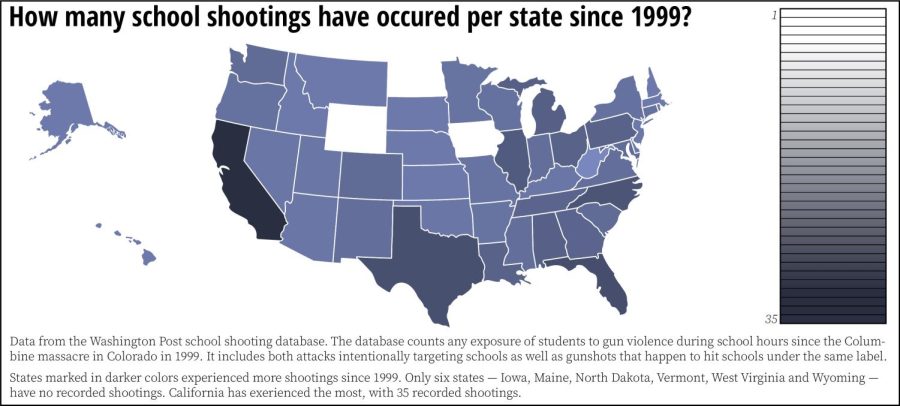By Aoife Manley
The beginning of college signals the end of the obligatory phase of education. Up until that point, decisions we make regarding the future are arguably of little consequence. We may choose subjects and extracurricular activities that make our days a shade different from those of our classmates; however, disregarding any drastic actions, our power is largely confined to the cosmetic customization of circumstances we’ve been allocated.
In high school, we operate in a context of familiar places populated by familiar people, who carry with them a rich set of associations and connotations. Our role in this ecosystem has long been carved out; the corners and sharp edges rounded and worn down as we’ve wriggled and contorted and finally settled in our nook. At this stage, attempting to shape this space with our limited choices is like digging the hard earth surrounding us with a plastic spoon.
When we enter college, however, we’re released from these confines and told to dig where we please. The eradication of the bounds with which we’ve become familiar, and perhaps even dependent upon, comes as a shock to many. And some are petrified of the prospect of choosing a single spot of the surface of the earth to excavate. We fear we will pick a spot that appears to be soft earth only to strike an immense, hidden rock bed.
Often we feel a compulsion to start digging before having thoroughly surveyed the landscape because of the expansive, bewildering vastness of it or the fact that we can’t guess at what lurks beneath the surface. The fear of being rendered static drives this compulsion to commence. Sometimes we go prospecting, but testing certain areas only allows us to sample a small percentage of possibilities.
Personally, I’ve made many choices with the explicit purpose of giving myself a broader range of choices in the future. However, there comes a point when this strategy is self-defeating. Choice-chasing can often lead us to focus on measures of progression while ignoring the direction we’re going. Too often, I’ve found myself chasing something that, on reflection, I don’t actually want; as one would reflexively chase a thief that had taken an old, broken possession that’s been long unused and neglected, dusting and aging on your shelf.
Should you want something simply because you can have it or because others believe that it’s worthy of pursuit? This logic seems flawed, yet so often we do pursue what others hold in high regard. Wishing to be a doctor simply because it’s viewed as a noble profession or learning Chinese because it’s seen as challenging language will likely lead to little reward. These reasons may act as a motivating factor in the beginning but are sustainable incentives in the long term. Yet, again and again, we let this hole-riddled logic lead us down lengthy paths.
It seems we’ve been imprinted with a vision of how things should be; of what we are supposed to wish to secure for ourselves in the future. We feel we have an ownership claim to a certain path and thus a duty to follow it. Overwhelmed by the uncertainty, we find ourselves treading this pre-paved path, foot following surely placed foot, with that same comforting relief of uttering a familiar prayer.
Yet we’re all ingrained with a desire to take off in another direction, and lay our own paving stones as we go. But to do so, you must muster the courage or ignorance to decide: Are you willing to gamble what you expect to secure for yourself for an unknown prize?















